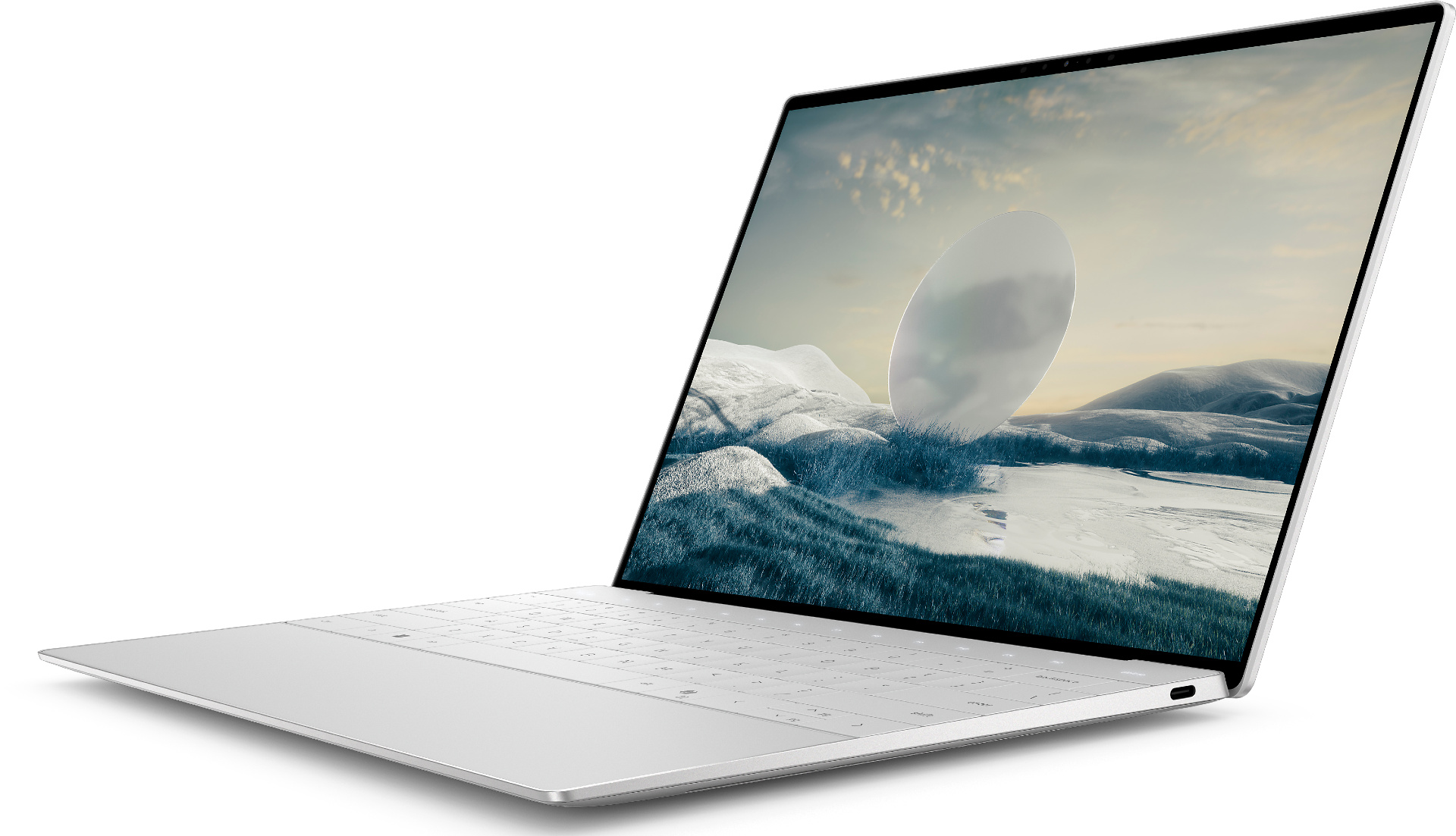Choosing the right processor for your laptop or desktop can be tough, especially with Intel offering two popular options: the U Series and the H Series. Both processors are designed to meet different user needs, and understanding their strengths can make all the difference.
If you’re looking for a device that prioritizes battery life and efficiency, the U Series is the way to go. On the other hand, if raw performance and power are what you need, especially for gaming or content creation, the H Series takes the lead.
Each series has its own advantages, and the best choice depends on what you plan to do with your device. Let’s explore which one is the best fit for you.
U Series vs. H Series: The Key Differences
Intel’s U Series and H Series processors are different lines designed with distinct goals. While the U Series is optimized for power efficiency and longer battery life, the H Series focuses on providing higher performance. So, what does this mean for you? Let’s take a closer look at each’s strengths.
U Series Processors: Efficiency and Longevity
U Series processors are generally aimed at ultrabooks and thin laptops. Their primary selling point is power efficiency. These processors are designed to consume less power, which results in longer battery life without sacrificing performance.
According to a report, U means “ultra-low-power,” and that’s basically it—they’re chips that aren’t necessarily the very best in terms of CPU performance, but they’rd low-power designs made with efficiency in mind.
- Lower Power Consumption: U Series processors typically have a lower TDP (Thermal Design Power), usually between 15 and 28 watts. This helps save battery and reduces heat generation.
- Slim and Lightweight Devices: Devices with U Series processors tend to be thinner and lighter, making them perfect for users who need portability.
- Balanced Performance: While U Series chips aren’t the most powerful, they provide a solid balance of performance for everyday tasks like browsing, media consumption, and office work.
H Series Processors: High Power for High Performance
Image source: Youtube
On the other hand, H Series processors are built for performance-heavy tasks. H Series processors are your go-to choice if you’re looking for raw computing power, gaming capabilities, or smooth video editing.
- Higher Power Consumption: With a TDP range of 35 watts to 45 watts, these processors consume more power, but in return, they deliver significantly higher performance.
- Great for Gaming and Content Creation: H Series processors are a great fit for gamers, designers, and content creators who need serious power for heavy applications and multitasking.
- Better Multithreading Performance: H Series chips typically offer more cores and threads, which improves their handling of demanding software and multi-tasking situations.
Performance: Which One Handles Demanding Tasks Better?
When it comes to raw power, the H Series takes the lead. It is designed for users who need to push their devices to the limit, whether for gaming, video editing, or running intensive applications. The increased power capacity of H Series chips allows them to maintain high speeds and easily handle multiple tasks.
However, the U Series isn’t too far behind in handling daily tasks. It’s more than enough for regular users who don’t need intense computational abilities. A U Series processor will perform fine if you’re just browsing the web, streaming videos, and doing office work.
U Series Performance in Everyday Use
Ideal for daily tasks: If your daily routine involves simple tasks like browsing the web, watching videos, or using office programs, the U Series processor is more than enough.
Less demanding on battery: It delivers great performance without draining your laptop’s battery too quickly, making it an excellent choice for those on the go.
H Series Performance in Intensive Tasks
- Handles high-performance tasks: If you plan on gaming, 3D rendering, or video editing, the H Series processors deliver the horsepower you need.
- Heavy multitasking: With more cores and threads, H Series processors excel in multi-threaded workloads, making them better for users who run multiple programs simultaneously.
Efficiency: Longer Battery Life vs. More Power
Battery life is a major consideration when choosing between the U Series and the H Series. Because U Series processors are built for power efficiency, they give laptops longer battery life compared to their H Series counterparts. So, if you need a laptop that can last through long flights, work meetings, or a day out without charging, the U Series is a better fit.
On the other hand, H Series processors consume more power due to their higher performance. As a result, devices with H Series chips may require more frequent charging, especially when under load.
U Series: Power Efficiency for Longer Battery Life
Image source: Yandex
- Extended battery life: The U Series is perfect for users who prioritize long battery life and don’t mind a slight trade-off in performance.
- Good for travel: If you need to work from different locations throughout the day, a U Series processor will ensure you don’t run out of power quickly.
H Series: Power-Heavy for High-Performance
- Frequent charging: While you’ll get better performance, H Series processors will drain the battery faster, especially during intense tasks.
- Best for plugged-in use: Devices with H Series processors are often used in situations where the laptop is plugged in, such as at a gaming desk or editing station.
Price: More Power, More Cost
Another important consideration when choosing between these two is the price. Generally speaking, laptops and desktops with H Series processors tend to be more expensive. The additional performance capabilities come at a cost. On the other hand, U Series devices are typically more affordable due to their emphasis on efficiency rather than raw power.
If you’re on a budget or don’t need cutting-edge performance, a U Series processor will offer great value. But if you’re willing to invest more for top-tier performance, the H Series may be worth the extra cost.
U Series: Affordable and Efficient
- Great for budget-conscious buyers: If you’re looking for a laptop that delivers solid performance without breaking the bank, U Series devices offer great value.
- Best for basic tasks: These processors shine in affordable ultrabooks and slim laptops that cater to regular use.
H Series: More Expensive but Worth It for Power Users
- Premium pricing: Devices with H Series chips tend to be pricier, especially gaming laptops or workstations with powerful graphics cards.
- Top performance for top users: For gamers, content creators, or power users who need maximum performance, the extra cost is often worth it.
U Series vs. H Series: Quick Comparison Table
| Feature | U Series | H Series |
| Power Consumption | 15W to 28W | 35W to 45W |
| Performance Focus | Efficiency, Battery Life | High Performance, Gaming, Content Creation |
| Ideal for | Everyday tasks, ultrabooks | Gaming, video editing, heavy multitasking |
| Battery Life | Longer battery life | Shorter battery life under heavy load |
| Price | More affordable | Generally more expensive |
| Best for | Basic computing, portability | Intensive workloads, power users |
Conclusion: Which One Is Right for You?
When deciding between U Series and H Series processors, it ultimately comes down to what you need from your device. If you’re someone who needs a laptop for simple tasks and values battery life, the U Series is the way to go. It’s efficient, affordable, and provides more than enough power for everyday activities.
But if you’re a gamer, content creator, or power user who needs higher performance and is willing to pay a premium for it, the H Series is a better fit. It delivers excellent speed and multitasking capabilities, making it ideal for demanding applications.
So, whether you go for the U Series or H Series, it’s all about understanding your needs and what’s most important for you in a laptop. Whatever you choose, you’ll have a solid processor that gets the job done.
Read More : Top Features of the i3 10th Gen Desktop You Should Know












